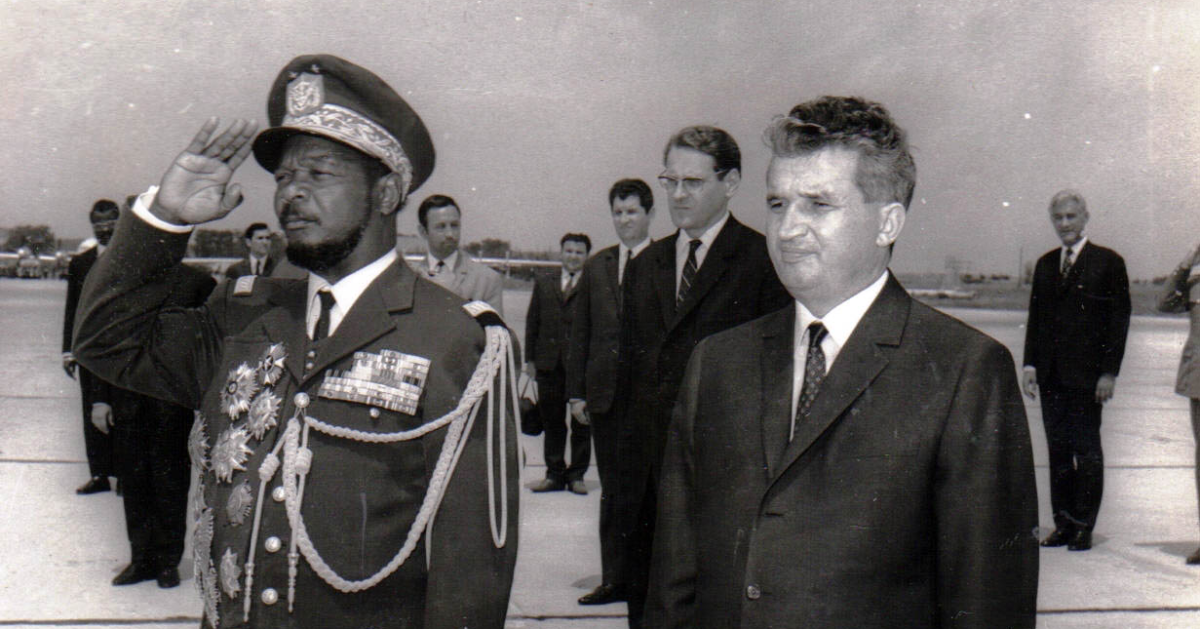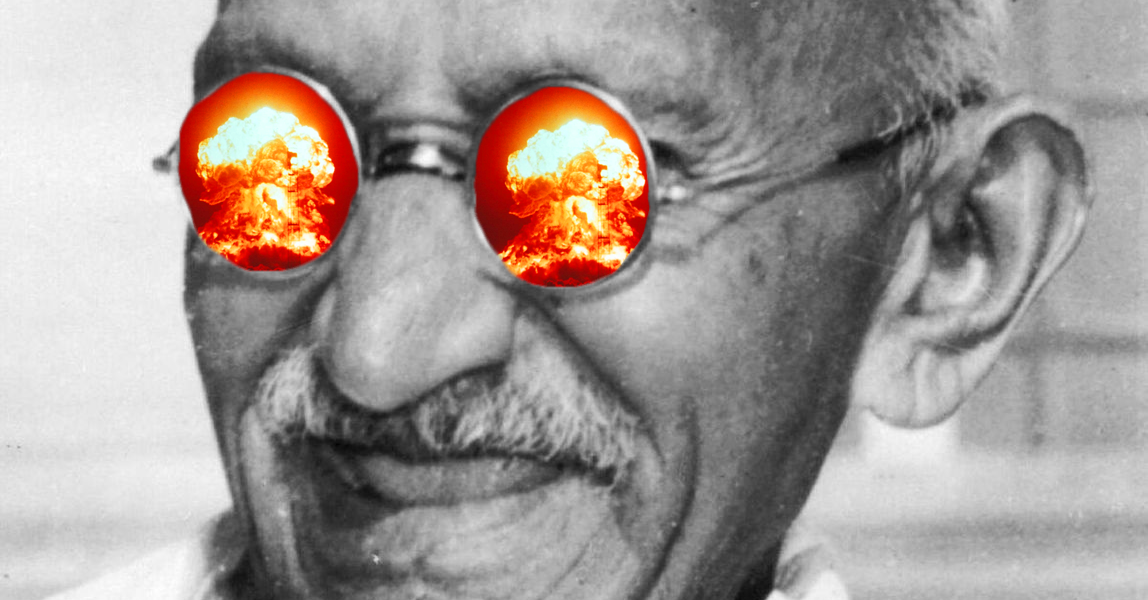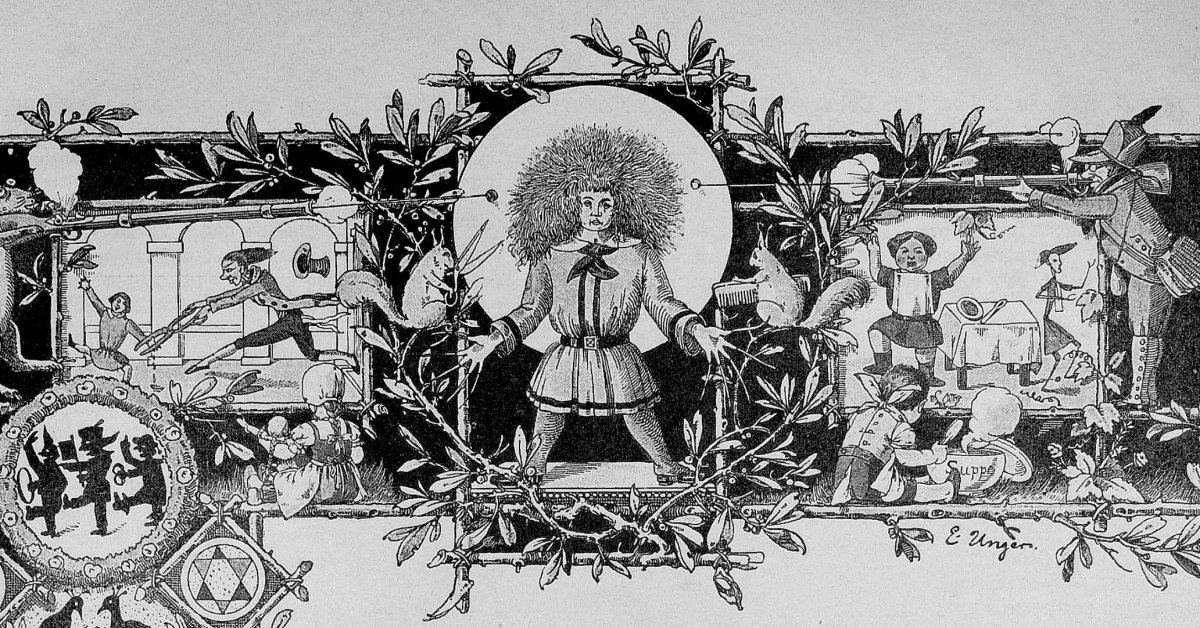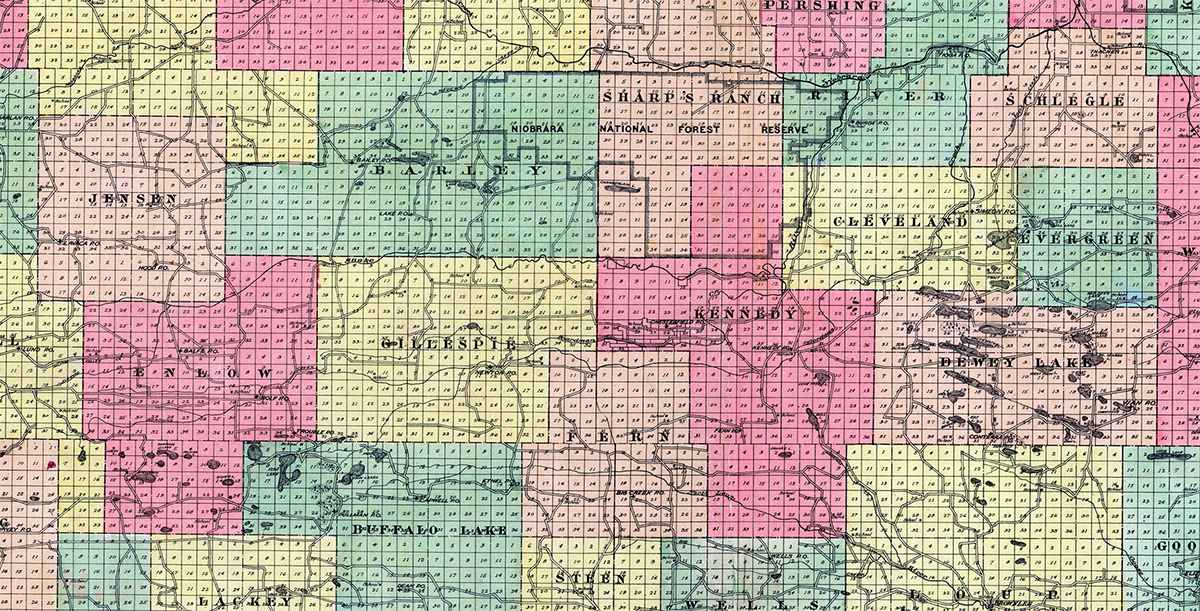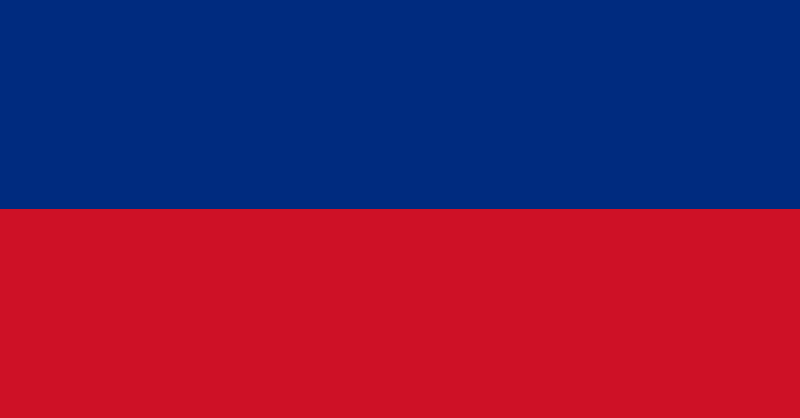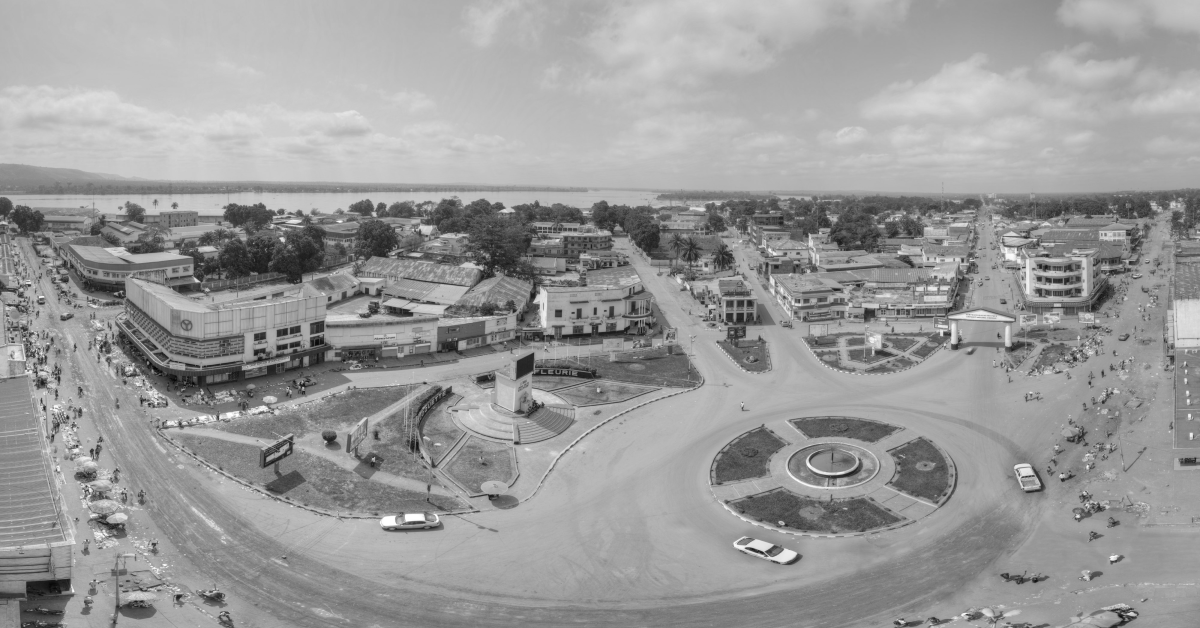Jean-Bédel Bokassa’s first days in office came tinged with a progressive air. He promised his stay would be temporary and that he’d oversee elections for his replacement in the near future, a promise that feels hollow from the vantage point of the present but one that may have seemed slightly less hollow to a people who had known only one other non-European commander-in-chief pre-coup. The new President banned government officials from entering “places of pleasure” such as bars and dance halls out of an apparent indignation that his colleagues had been passing time by having sex in their offices. Public nudity was outlawed in an effort to cast a more modern light on the country.
But nowhere was Bokassa more apparently progressive than in his policies regarding the status of women. Early in his administration, he prescribed punishments against parents who prevented their daughters from going to schools, ended dowries, and outlawed the practice of female circumcision. On Mother’s Day, he ordered the execution of all men accused of rape and violence against women and proclaimed another general amnesty for all imprisoned women. What’s more, the acting leader, who would himself marry no fewer than seventeen times and father potentially hundreds of children, put an end to legal polygamy.
Despite the apparent faithfulness with which he enacted his progressive agenda, Bokassa’s promises for a restoration of democracy failed to materialize. One of his first actions as acting president was to dissolve the country’s parliament and replace it with a new legislature to be held firmly under his control. Out of respect for the father of the country, he allowed Barthélemy Boganda’s MESAN political party to remain the apparatus through which government was done, but the party that now controlled the Centrafricain legislature was a gutted and decapitated version of its former self, reorganized under the leadership of the country’s new President pro tempore.
Many of Bokassa’s early agenda items were concerned with the modernization of the country by way of eliminating antiquated, tribal elements of daily life like polygamy and public nudity, but Bokassa had no interest in doing away with those elements of traditional Centrafricain society that benefited him, like presidential polygamy and the patronage system that expected powerful and successful people to lavish their loyal supporters with rewards not afforded to their unaffiliated countrymen.
Immediately after taking office, Bokassa bestowed financial boons and honors on the military that had helped raise him to power. He gave his speeches in Sango, the native African language with the most Centrafricain speakers by a considerable margin but still representing only a plurality of speakers (today, over 2 million Central Africans speak Sango, but the country’s overall population is nearly 5.5 million).
As Bokassa began developing an attractive cult of personality, his ally Alexandre Banza started to sour on the man he’d helped elevate to the country’s highest office and decided the only thing better than leading one coup is leading two.
Others disagreed. Most notably, the French, who, overlooking a sea of violent coups, insurrections, and power shifts, were starting to feel like maybe they didn’t do a great job at the whole decolonization thing. Bokassa had ejected their hand-picked ruler, but his infatuation with France and President Charles de Gaulle in particular made him a potential ally. As the tide coalesced behind the former military commander, Paris agreed to send 80 paratroopers, officially to guarantee the safety of Sudanese refugees but effectively to protect the temporary president from vile insurrectionists like himself.
The protection paid off and Banza’s nascent rebellion was swiftly dispatched after one of his lieutenants turned him in. Banza was tried and summarily executed, with many of his family members suffering the same fate for his crime.
With Banza out of the way, Bokassa was free to fully consolidate power. The man who just weeks ago had reassured his fellow countrymen that his stay was temporary was now announcing that, while retaining the office of President, he’d also be assuming the roles of Defense Minister, Justice Minister, and Interior Minister.
Bokassa’s slapdash approach to power soon spread beyond the palace and wherever he roamed. He eliminated non-presidential promotion and demotion in the army, making him the sole authority with the ability to appoint and demote military officers. On one occasion, after hearing that a soldier had slapped a Frenchman who had spoken negatively against the President, Bokassa immediately made him a general.
Another story spread that the President once entered a business to find that all of its principal employees were absent, leaving only the janitor behind. Ostensibly to punish the work ethic of the employees and reward that of the custodian, Bokassa invoked presidential power to declare the lone janitor the new director of the firm. This attachment to hierarchy without regard for history or ability is echoed in another story recounting the time the President was so impressed with a nurse that he promoted her to doctor.
Without rival, Bokassa’s ego and desire for both power and prestige continued to grow unchecked. In 1972, he had the congress vote him “President for Life of the Republic”. Just two years later, he ordered himself another promotion, this time “Marshall of the worn by Marshall Ney, one of Napoleon’s close lieutenants. Perhaps out of fear that his ostentatiousness was yet too vague, Bokassa added a diamond-encrusted baton to the uniform budget and carried it around with him as he went about his presidential duties.
The seeds of personality cult the President (for Life of the Republic) had planted earlier were now starting to fruit, and his lengthy titles were often eschewed in the mouths of his loyalists in favor of “Papa Bok”, a sobriquet showcasing the paternalist stance Bokassa had toward his people. The name itself may have come from the President’s idol, Charles de Gaulle, who was said to have used it mockingly. If true, it’s unlikely Papa Bok would have seen it as anything other than proof of the unbreakable fraternal bond between the two great leaders of the Francosphere.
And smarminess aside, the name was apt; Bokassa’s retinue of children was growing faster than his harem of wives and mistresses. He liked to be seen committing acts of fatherhood and even sent to Vietnam to locate a daughter he’d had while he was stationed there. When the supposed daughter arrived, she received great fanfare and acclaim until she was discovered as an impostor. Even after the real Martine arrived, though, Bokassa adopted the fake as well and had both of them married, the true Martine to a doctor, the false to a military officer who later became embroiled in an attempt to assassinate the President-for-Life.
But even as the new Central African patriarch conducted his grandiose overtures to sell his image as Africa’s Best Dad to his people and the world alike, his ardent paternalism remained no match for his abject cruelty. The 1976 plot on his life was easily dispatched, and in its aftermath, he oversaw the imprisonment and execution of all of its participants. The punishment for each depended on their role in the crime, but the most cruel was saved for Bokassa’s own son-in-law, that aforementioned husband of the fake Martine, whose child was summoned to the real Martine’s doctor husband. Once arrived, the physician injected the infant with a lethal dose of coma-induction drugs, killing him.
His rule once again uncontested, Bokassa turned outward. Once a French colony, the symbolic, world-facing umbilical severance that happened in 1960 had failed to materialize significant changes in the relationship between colony and colonizer. Sure, the French no longer exercised direct control over Centrafricain affairs, but the administration of the now-independent nation was still largely dependent on French foreign aid.
In a set of attempts to escape the thrall of the French, especially after the death of President de Gaulle, the target of history’s most one-sided bromance, Bokassa shopped his country around, first to both Chinas (the People’s Republic had long since conquered mainland China, but the United Nations had continued to recognize the Taiwan-based Republic of China as the One True China until 1971), and then to Eastern Europe, developing a momentary interest in communism (despite openly shit-talking it earlier) and leveraging that interest to nationalize a number of French- and foreign-owned firms in the country, especially those active in mining and petroleum production.
In an imitation of the famous five-year plans of his communist forebearers, Bokassa tried to revolutionize the country’s agricultural industry, but he was forced to abandon this hope for the country’s future when the changes he’d enacted ended up lowering the national agricultural output. The setback led Bokassa to return his repentant gaze to France, a pivot made easier by the recent election of Valery Giscard d’Estaing, the country’s new President and self-declared aristocrat whose most valued hobby was shooting exotic animals in the face.
Although Bokassa seems to have been content to totally trade his French connection for a Chinese or Russian one, there’s no evidence the French ever felt truly threatened by these early overtures. Still, the repaired* relationship helped keep the Bokassa regime afloat. While a joint French-Centrafricain uranium-mining operation floundered, Bokassa had found considerable success in the diamond and ivory trades, the latter of which produced a declared equivalent of 5,000 dead elephants per year, and by the President’s own estimate, reduced the country’s elephant population by half.
Of course, much of the economic benefit of these enterprises flowed directly to Bokassa, who, while in office, also owned and invested in businesses in all sectors of the country’s economy. His businesses benefited from tax exemption and the country’s familiar pastime of favoritism and filled Bokassa’s pockets with francs that he spent on sprawling French chateaux occupying hundreds of acres of foreign land, a hobby he shared with fellow African dictators like Zaire’s Mobutu Sese Seko and, more recently, Equatorial Guinea’s Teodoro Obiang.
After a French audit of the country’s financial system came back with less-than-desirable results, though, Bokassa again turned away from his country’s former overlord in tantrum, this time toward Libya’s Muammar Gaddafi. An opportunity-sensing Gaddafi agreed to invest significantly in the country on the condition that Bokassa would convert both himself and his nation to Islam.
Bokassa found conversion easy, almost as easy as he found immediately abandoning the religion after a visit to France ended with the Giscard government agreeing to bankroll an upcoming project. Gaddafi’s offer had been fine, but France’s came with more prestige and required less piety.
So far, being President had been nice enough for Bokassa; his position at the head of his country’s republican government had elevated him to the level enjoyed by one of his idols, Charles de Gaulle. But even here, he stood nowhere near the (average) height of his first and more-beloved role model, Napoleon. Bokassa had resigned to changing that. The President was drawing up plans to crown himself Emperor.
Next time: The Emperor
Image
- Bokassa_with_Ceausescu.jpg from the Romanian Communism Online Photo Collection
Read more
- Dark Age: The Political Odyssey of Emperor Bokassa by Brian Titley
